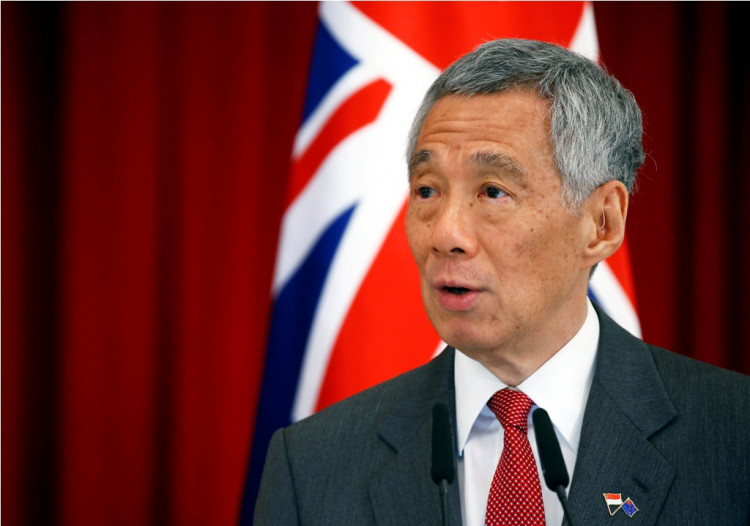Singapore said it is not too concerned about how global trade tensions will affect its economy but it is prepared to take action should the ongoing China-US trade war impact local markets.
Singaporean Minister-in-charge of Trade Relations S. Iswaran said on Sunday that the city-state is currently focused on building and expanding the local economy through innovative projects.
While it is well aware of the economic consequences of the ongoing trade dispute between China and the United States, Iswaran noted that it is "a bit too early" to come up with plans to curb the negative impact of the trade war.
Iswaran clarified that it is still hoping for a resolution in the China-US trade war so concerns about the global economy can be assuaged. For now, Singapore is looking to improve its innovative schemes to drive the economy forward.
Part of the city-state's economic plan for the coming years is to promote diversified markets. To achieve this goal, free trade deals will be initiated with other countries. Singapore will also strengthen its presence in various trade platforms such as the Regional Comprehensive Economic Partnership (RCEP).
Aside from enhancing trade relations with other nations, Iswaran said Singapore will continue to encourage innovative ventures within local companies to ensure that the local market retains competitiveness in the face of economic crises.
For Iswaran, Singapore should always be prepared for global disputes that could affect the economy as a whole. The "great power rivalry between the two largest economies in the world" is not a short-term scenario, he noted.
The city-state can cushion the impact of long-term disputes through joint efforts between the public, the government, and Singaporean companies, Iswaran recommended.
Meanwhile, Singapore's overall manufacturing industry slumped in the first quarter of 2019. Electronics and precision engineering activities dropped, resulting in overall pessimistic views for the rest of 2019.
There was also an apparent decline in business services, as well as some financial sectors. Despite fintech initiatives over the last few months, banking sectors were affected by the global slump.
Domestic sales of electronic components also saw a huge drop of 34.1 in Q1 2019. The Department of Statistics Singapore (SingStat) said domestic wholesale trading dropped by three percent, not to mention the figure was recorded excluding petroleum trade.
Basically, foreign sales in almost all industries declined in the first quarter as global trade tensions ensue not just between China and the US but also other trade bouts involving the European Union (EU).
Despite the dramatic changes in Singapore's previously upward economic trends, most analysts are optimistic of the city-state's ability to achieve economic stability in the long run as reforms are implemented.






